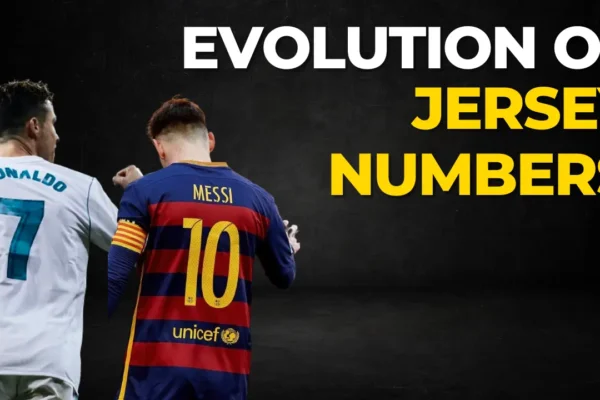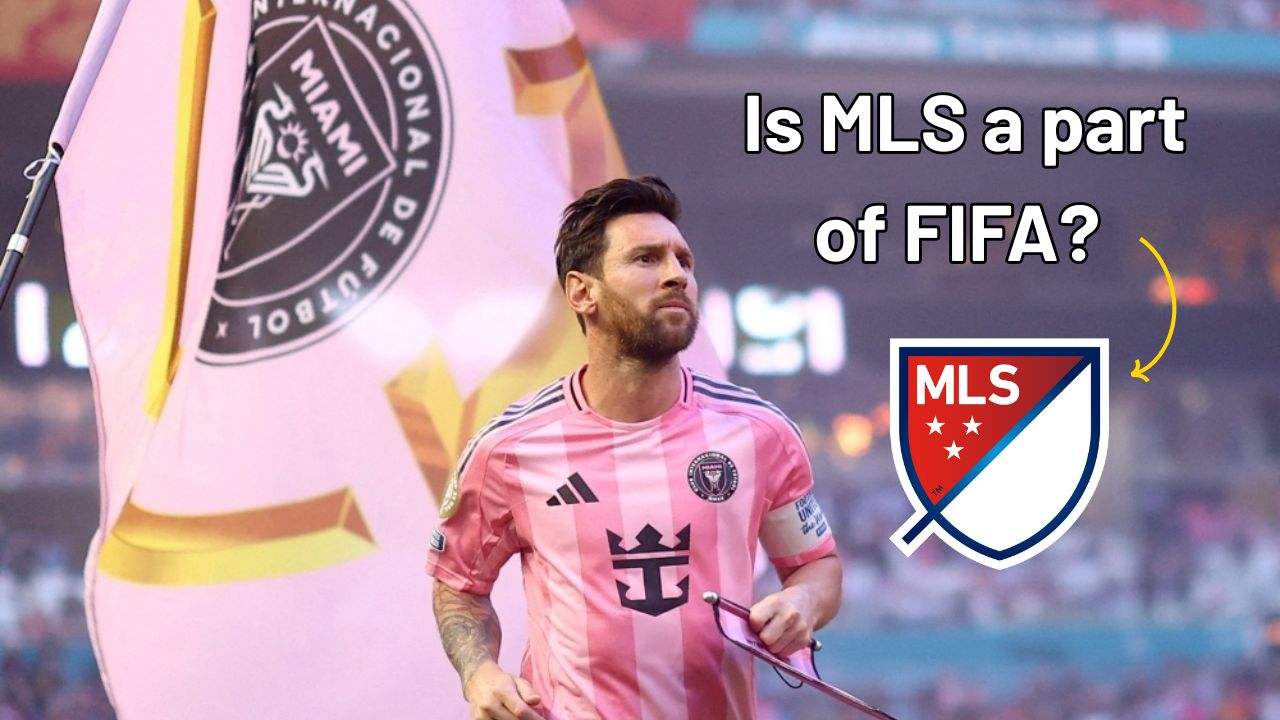

Is MLS part of FIFA: Everything you need to know
Leo Messi has brought a lot of new audience to the MLS, and a lot of you might be wondering what exactly is MLS and does it fall under the jurisdiction of FIFA? What competitions do they play in? Here we have tried to answer many of your questions.
What is Major League Soccer (MLS)?
MLS stands for Major League Soccer. It is a professional soccer league in the United States and Canada, which represents the sport’s highest level in the United States.
The MLS regular season typically starts in late February or early March and runs through mid-October, with each team playing 34 games the team with the best record is awarded the Supporters’ Shield.
Eighteen teams compete in the postseason MLS Cup Playoffs in late October and November, culminating in the league’s championship game, the MLS Cup.
Is MLS a part of FIFA: the connection explained
MLS is indeed affiliated with FIFA, and it operates within the framework of FIFA’s regulations and guidelines for professional soccer leagues.
While MLS is based in North America, FIFA governs MLS through CONCACAF, which is the regional football federation that the MLS is a part of.
This recognition comes with several key implications and benefits for both the league and its players.
1. Player Transfers: One of the most significant aspects of MLS’s affiliation with FIFA is the ability to conduct international player transfers. Players from around the world can join MLS clubs, and MLS clubs can transfer players to teams in other countries. This connection to the global transfer market enhances the league’s competitiveness and diversity.
2. International Competitions: MLS teams participate in international competitions organized or sanctioned by FIFA. Most notably, MLS clubs have competed in the CONCACAF Champions League, which is the top club competition in North and Central America similar to that of the UEFA Champions League in Europe. This allows MLS teams to test their mettle against top teams from other regions, furthering the league’s global integration.
3. Player Eligibility: MLS players are eligible to represent their national teams in international competitions, such as the FIFA World Cup. Many MLS players have represented their countries on the world’s biggest stage, showcasing the league’s talent on a global platform.
4. Regulatory Framework: MLS adheres to FIFA’s rules and regulations governing the sport, including player contracts, transfers, and disciplinary matters. This alignment ensures that the league maintains a high level of professionalism and integrity.
Competitions Involving MLS Clubs:
Apart from the MLS and CONCACAF Champions League here are a few other competitions that American clubs participate in :
- Leagues Cup: The Leagues Cup is another competition featuring MLS and Liga MX (Mexican) clubs. Although it’s a relatively new tournament, it provides an opportunity for MLS clubs to test their mettle against some of the best teams in Mexico.
- U.S. Open Cup: While primarily a domestic competition, the U.S. Open Cup occasionally features MLS teams. This tournament is open to all professional and amateur clubs in the United States, making it an inclusive and diverse competition.
- International Friendlies: MLS clubs frequently participate in international friendly matches against teams from around the world. These exhibitions not only showcase the league’s talent but also provide exciting matchups for fans.
- FIFA Club World Cup: When an MLS club wins the CONCACAF Champions League, it earns the right to compete in the FIFA Club World Cup, a tournament featuring champions from various continents. While MLS clubs have not yet won the tournament, their participation highlights the league’s global aspirations.
Over the years, MLS has expanded its reach and increased its global visibility. The signing of international stars, including players like David Beckham, Thierry Henry, and Zlatan Ibrahimović, has brought more attention to the league. These marquee signings have not only boosted the league’s popularity in North America but have also attracted international viewership.
The signing of Leo Messi is also a massive step towards attracting a Global audience as well as engaging the local audience with the sport.
Furthermore, the league’s expansion efforts have seen new franchises introduced in various cities across the United States and Canada. This expansion has allowed MLS to tap into previously untapped markets and grow its fan base.
To Sum Up
In summary, MLS is undeniably a part of FIFA’s global soccer landscape. Its affiliation with FIFA has enabled the league to participate in international competitions, attract top talent from around the world, and provide opportunities for players to represent their national teams. While MLS is primarily based in North America, its connection to FIFA has allowed it to become an integral part of the global soccer community, contributing to the growth and popularity of the sport on a worldwide scale.







